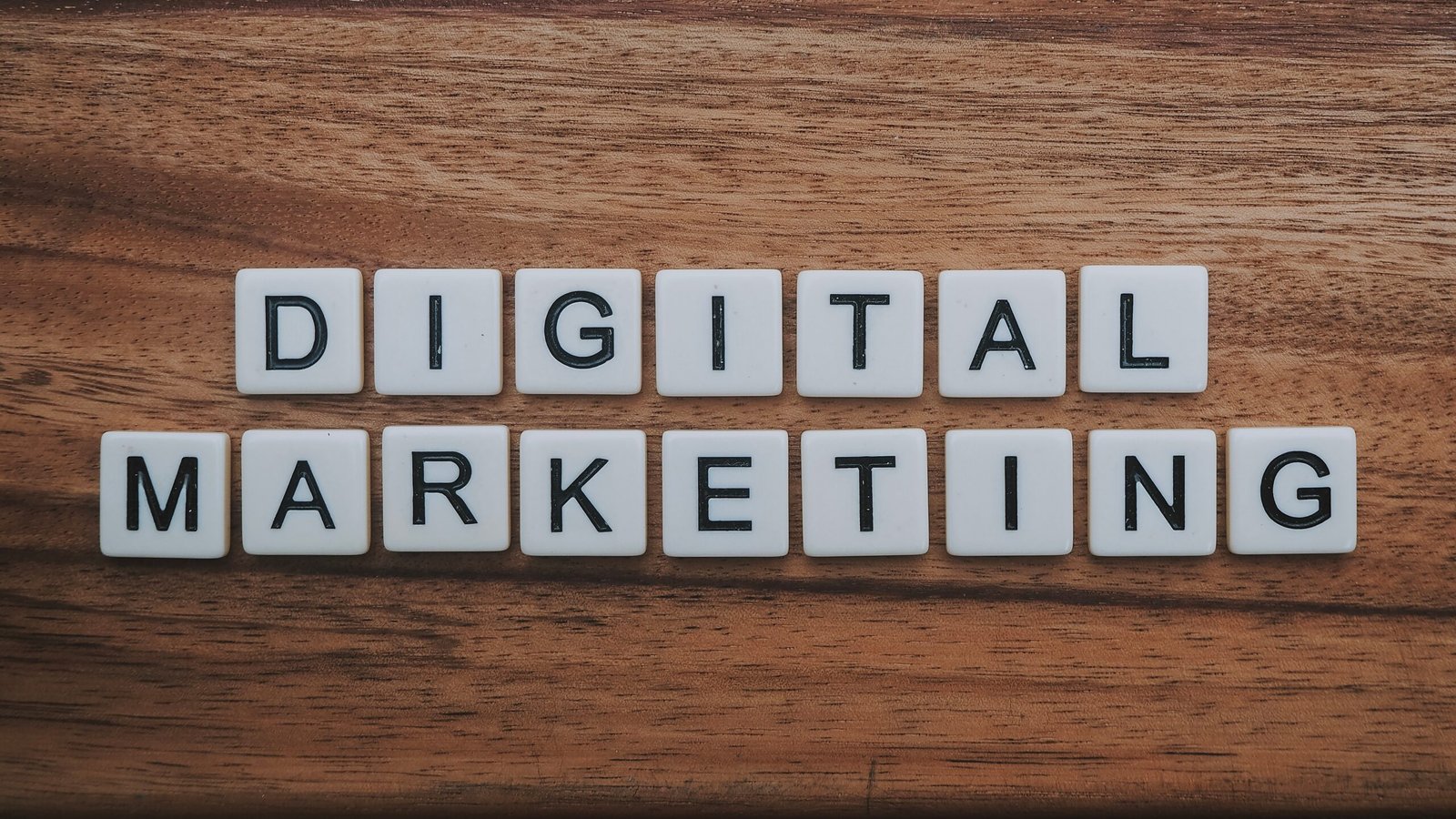
Understanding Digital Marketing
In today’s digital age, businesses are increasingly recognizing the importance of digital marketing in reaching and engaging with their target audiences. With the rapid growth of technology and the internet, traditional marketing methods are no longer enough to stay competitive in the market. Digital marketing offers a wide range of opportunities for businesses to connect with their customers online and drive growth.
What is Digital Marketing?
Digital marketing encompasses all marketing efforts that utilize electronic devices and the internet to promote products or services. It includes various channels such as search engines, social media, email, websites, and mobile apps. The objective of digital marketing is to reach and engage with target audiences, drive traffic, generate leads, and ultimately convert them into customers.
Key Components of Digital Marketing
1. Search Engine Optimization (SEO): SEO is the process of optimizing a website to rank higher in search engine results pages. By improving the visibility of a website, businesses can attract more organic traffic and increase their chances of conversion.
2. Pay-Per-Click (PPC) Advertising: PPC advertising involves placing ads on search engines or social media platforms and paying only when users click on them. This method allows businesses to target specific keywords or demographics, ensuring their ads are shown to relevant audiences.
3. Social Media Marketing: Social media platforms like Facebook, Instagram, Twitter, and LinkedIn provide businesses with an opportunity to connect and engage with their target audience. By creating compelling content and utilizing targeted ads, businesses can build brand awareness, drive traffic, and generate leads.
4. Email Marketing: Email marketing involves sending targeted messages to a group of people who have expressed interest in a business or its products/services. It is an effective way to nurture leads, build customer loyalty, and drive conversions.
5. Content Marketing: Content marketing focuses on creating and distributing valuable, relevant, and consistent content to attract and retain a clearly defined audience. It helps businesses establish themselves as industry experts and build trust with their target audience.
6. Affiliate Marketing: Affiliate marketing is a performance-based marketing strategy where businesses reward affiliates for each customer they bring through their own marketing efforts. It is a cost-effective way to expand reach and drive sales.
7. Mobile Marketing: With the increasing use of smartphones, mobile marketing has become crucial for businesses. It includes strategies such as mobile-friendly websites, mobile apps, SMS marketing, and location-based marketing.
Benefits of Digital Marketing
1. Increased Reach: Digital marketing allows businesses to reach a global audience, breaking geographical barriers. With the internet being accessible to billions of people, businesses can expand their reach and target specific demographics.
2. Cost-Effective: Compared to traditional marketing methods, digital marketing is often more cost-effective. Businesses can reach a larger audience at a fraction of the cost through channels like social media and email marketing.
3. Measurable Results: Digital marketing provides businesses with the ability to track and measure their marketing efforts. With tools like Google Analytics, businesses can monitor website traffic, conversions, and other key metrics to evaluate the effectiveness of their campaigns.
4. Targeted Advertising: Digital marketing allows businesses to target specific demographics, interests, and behaviors. This ensures that their marketing efforts are seen by the right audience, increasing the chances of conversion.
5. Improved Customer Engagement: Through social media, email marketing, and other digital channels, businesses can engage with their customers in real-time. This allows for personalized interactions, building stronger relationships and customer loyalty.
As the digital landscape continues to evolve, understanding and leveraging digital marketing strategies is essential for businesses to thrive in today’s competitive market. By embracing digital marketing, businesses can effectively reach their target audience, drive growth, and stay ahead of the competition.





